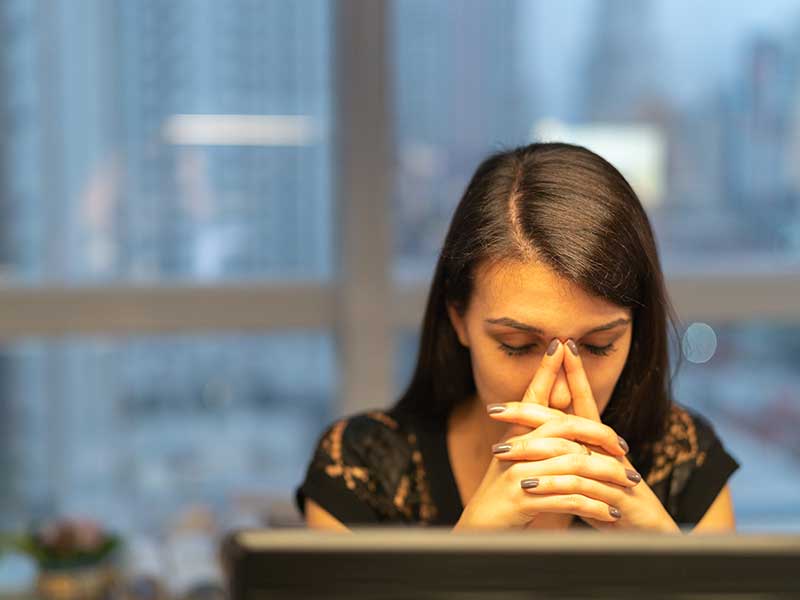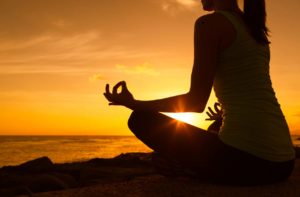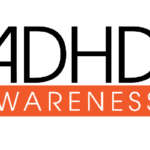8 Ways To Reduce Anxiety

Anxiety disorder is one of the most common mental health conditions in the United States. Nearly 20% of U.S. adults experienced an anxiety disorder in the past year, and females are more likely to suffer from anxiety. The good news is that with professional treatment, anxiety is one of the most treatable mental health disorders.
There are a wide range of anxiety disorders including but not limited to generalized anxiety, panic disorder, social anxiety disorder, and obsessive compulsive disorder.
While these conditions all have different features, they are all rooted by symptoms of excessive anxiety that affect job performance, school, work, and relationships.
Anxiety disorders are generally treated with psychotherapy, medication, or both. There are many ways to treat anxiety, and this article will outline a few strategies to help reduce your anxiety symptoms.
Ways To Reduce Anxiety
1. Get More Sleep
Sleepless nights and insomnia are highly prevalent in people suffering from anxiety. Having difficulty falling asleep, restlessness, and unsatisfying sleep can be symptoms of anxiety. Sleep deprivation can make anxiety worse, causing a cycle of increased anxiety and insomnia when anxiety sufferers worry about sleeping.
In addition to getting regular exercise, building healthy sleep habits is an essential component to reducing anxiety. Make your bed more comfortable, avoid caffeine, alcohol, screens (phones, computers, TV), bright lights and noise in the hours before bed.
Any person who has persistent sleep problems should talk with a doctor about treatment options.
2. Get Regular Exercise
The positive effects of regular exercise on reducing symptoms of anxiety are well-researched. People who exercise regularly have fewer symptoms of anxiety than those who don’t.
Performing aerobic exercise for up to 30 minutes, 3-5 times a week can help keep your anxiety levels in control. While keeping your anxiety in check, exercise also has several other mental health and physical benefits.
3. Take Time For Self Care
You can try some self-care techniques to overcome anxiety. These include:
- Relaxation: Try deep breathing, long baths, yoga, meditation, and resting in the dark
- Stress Management: Organize your daily routine to keep stress levels in check. Take some time off from your tough routine. Hang out with friends, family, and loved ones.
- Support Groups: Find groups on social media or lean on a trusted family member or a close friend. Don’t try to hold up your feelings inside.

4. Preventative Measures
While these preventative measures may seem simple, they are central to helping reduce anxiety symptoms.
- Eliminate or reduce caffeine intake, particularly in the afternoon and evening if you have trouble sleeping
- Drastically reduce sugar intake and avoid added sugar
- Eat a healthy diet, such as the Mediterranean diet that includes plenty of healthy fats
- Avoid alcohol
You should also check with your doctor or pharmacist before using any over-the-counter remedies.
5. Practice Daily Gratitude
You should start practicing cultivating feelings of gratefulness throughout the day. Gratitude is, in fact, parasympathetic activating. The more you practice it, the more you will be tackling those stress, anxiety, and anger levels. Researchers in one study even found that practicing gratitude predicted greater sleep quality and sleep duration.
You can try creating a gratitude list with your partner. You can use alphabets like A, B, C, etc., to link with things in your life that you are grateful for. For example, D – I’m grateful for my dog.
6. Develop Connectedness
We know that loneliness can exacerbate symptoms of anxiety or depression.
Connect with family, friends, or a loved one every day. Covid-19 has exacerbated our social isolation, so it’s important to take time every day to call, Facetime, or enjoy a socially distanced visit with a friend or family member.
7. Prescription Medications
Anti-anxiety medications help reduce the symptoms of anxiety, such as panic attacks, or extreme fear and worry. The most common anti-anxiety medications are called benzodiazepines. Benzodiazepines can treat generalized anxiety disorder. In the case of panic disorder or social anxiety disorder benzodiazepines are usually second-line treatments, behind SSRIs or other antidepressants.
Never attempt to self-treat anxiety with someone else’s medications.
8. Talk Therapy
Psychotherapy / talk therapy, and Cognitive Behavioral Therapy (CBT) are effective ways to treat anxiety. Psychotherapy is sometimes used alone or in conjunction with medication to treat anxiety disorders.
The professional, experienced team of board-certified psychiatrists and therapists of Novum Psychiatry can help diagnose and treat your anxiety so that you can maximize the quality of your life.





